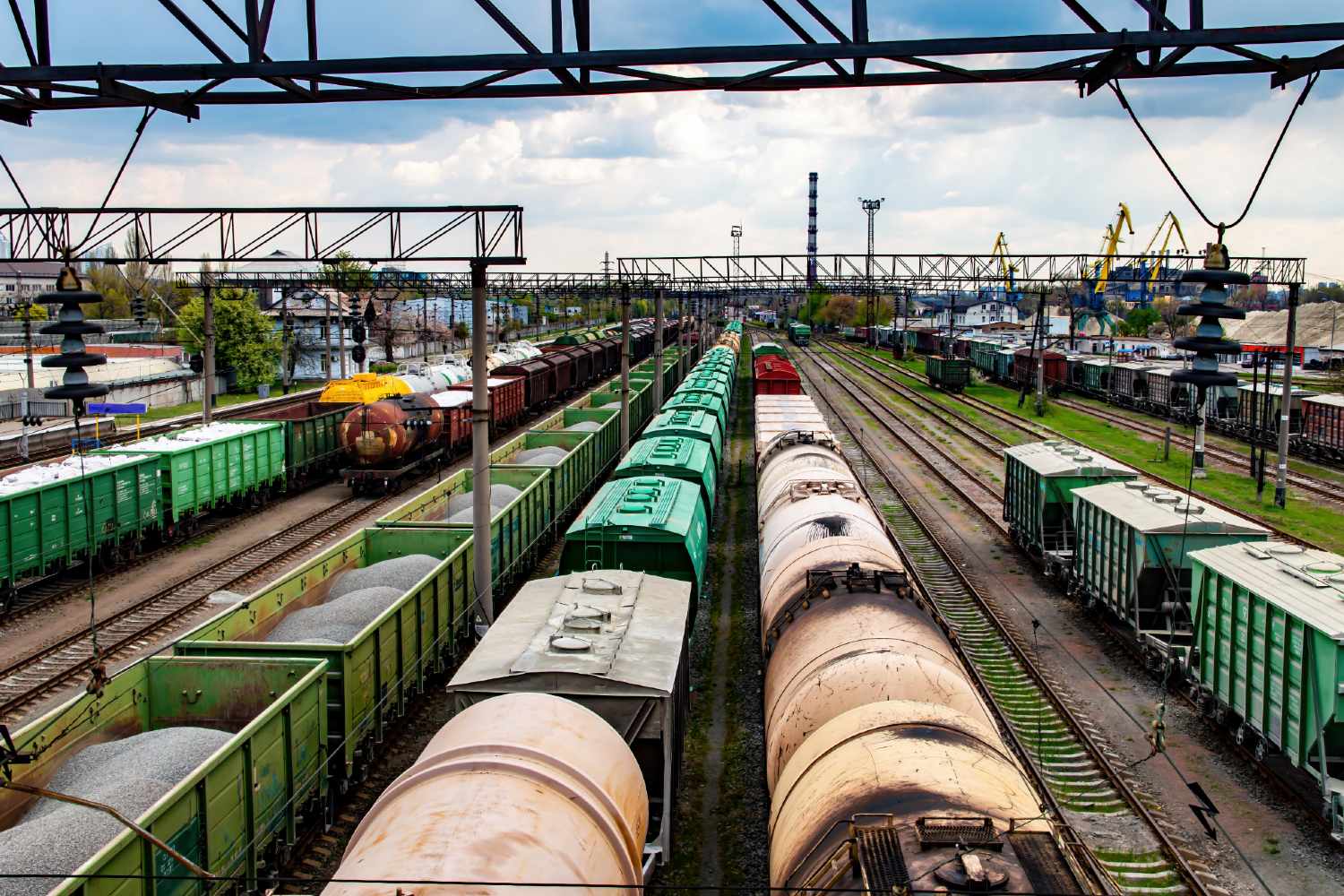Positioning the Lobito Corridor as a Model for Foreign Investment

PARIS, France, March 25, 2024 -- In February this year the U.S. International Development Finance Corporation announced new financing in support of the Lobito Corridor – a transnational 1,300-km railway line linking Angola’s Port of Lobito with southern DRC and north-western Zambia. The U.S. and its partners – which include the European Commission, African Development Bank and Africa Finance Corporation – have already mobilized nearly $1 billion for the project, representing the largest single US and EU investment on the African continent in recent years.
The Lobito Corridor has been uniquely able to galvanize broad international support, primarily due to its alignment with the energy transition and economic ties to US and European markets. As a result, the project serves as a finance and development model for other large-scale African infrastructure projects seeking foreign investment and participation. The upcoming Invest in African Energy (IAE) forum in Paris will unpack this model, as it aims to connect Africa’s project pipeline with global investor interest. For Africa, infrastructure deals represent some of the most strategic transactions, able to trigger a “domino effect” on local job creation and the establishment of value-added industries.
Organized by Energy Capital & Power, IAE 2024 (https://apo-opa.co/
One of the unique selling points of the Lobito Corridor is its built-in demand from global markets. African infrastructure projects often encounter difficulty in reaching financial close, in part due to a lack of secure offtake agreements, guarantees and feasibility studies that help projects overcome associated risks. Both the US and EU have signed MOUs in support of the rail corridor – with a view to sourcing critical minerals to supply their own EV battery supply chains – as well as confirmed a joint commitment to supporting pre-feasibility studies for an extension of the corridor from eastern Angola to Zambia. Multinational commodity trader Trafigura and Canada’s Ivanhoe Mines have also signed deals to export their copper production to the DRC utilizing the Lobito rail route.
The Lobito Corridor also successfully leverages the strength of public-private partnerships (PPPs). In addition to mobilizing financing and distributing risk among multiple parties, PPPs garner formal government support, while capitalizing on free-market expertise required to develop the project from a technical standpoint. A consortium composed of Trafigura, Portugal’s Mota-Engil and Belgium’s Vecturis SA have been awarded the contract to manage railway services and support the logistics of the project. It is also a credit to the respective governments of Angola, DRC and Zambia for having the sufficient trade and regulatory frameworks to accommodate complex, cross-border and inter-governmental agreements. The establishment of a comprehensive framework, along with the provision of legal protections for investors, serve to minimize risk and drive projects forward.

